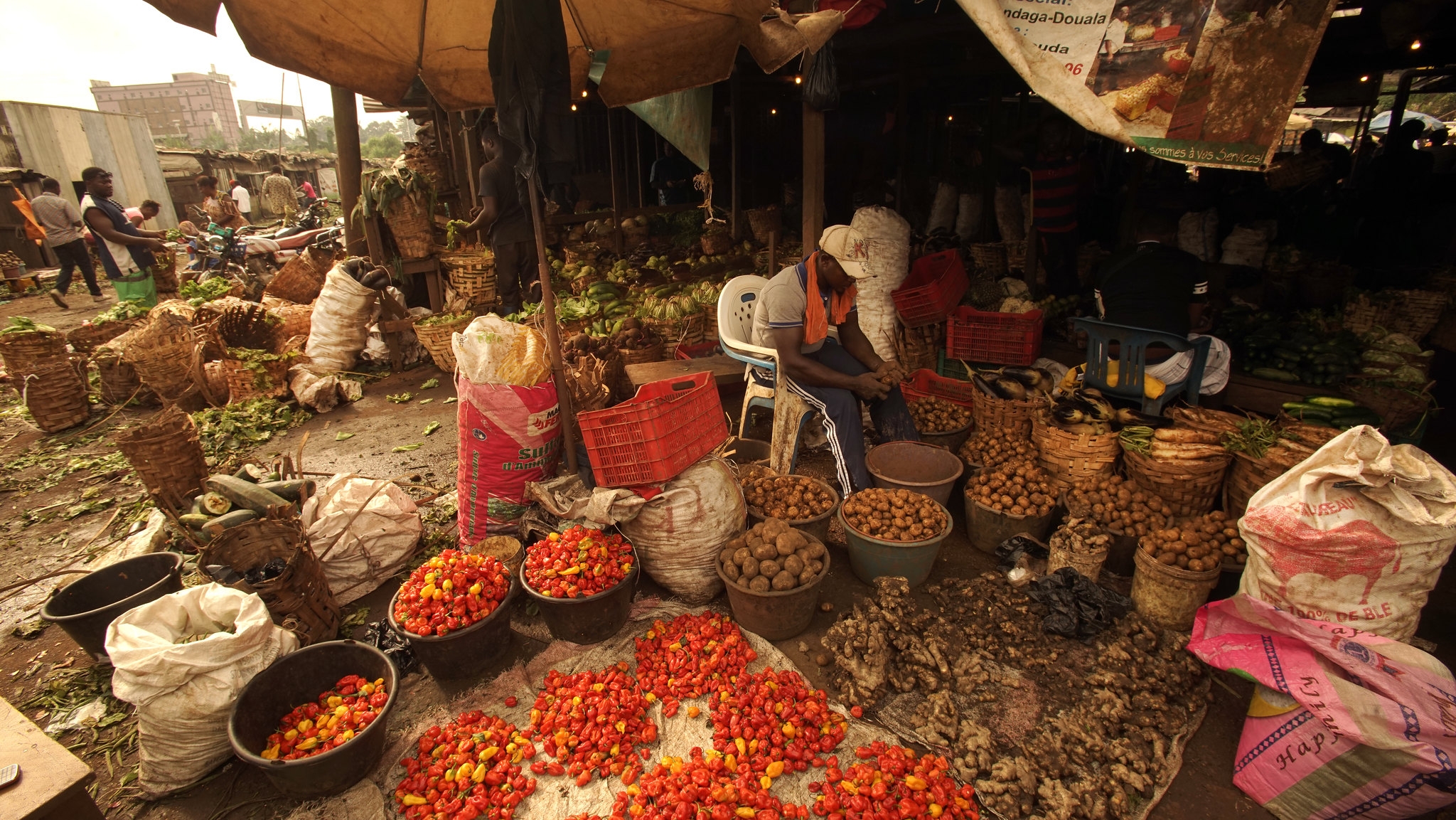
This project preparation grant (PPG) developed a project proposal to foster a regional approach towards addressing invasive quarantine pests of potato, with a particular focus on potato cyst nematode. (STDF/PG/809)
The PPG aimed to facilitate awareness creation and discussions amongst concerned stakeholders along the potato value chain as part of its activities, with the objective of gathering ideas based on country needs and priorities for the management of invasive quarantine and other regulated non-quarantine pests (RNQPs) through strengthened capacity in their detection, diagnosis, and containment.
Potatoes (Solanum tuberosum L.) are among the most consumed staple food crops in East and Southern Africa, being a major source of carbohydrates, proteins, vitamins, minerals, antioxidants and essential amino acids (Andre et al., 2007).
Potato production in East and Southern Africa is dominated by smallholder farmers. The total potato production area in East and Southern Africa is estimated at over 800,000 ha, producing about 9 million tons. In Kenya, potato is the second most important crop after maize, contributing approximately US$300-400 million annually to the economy (MoALFC, 2019). The potato value chain employs about 3.3 million people directly and indirectly as producers (growers), brokers, market agents, transporters, processors, vendors, retailers and exporters. Growers are estimated at 800,000 (USAID Report, 2015).
Productivity of potatoes in Southern Africa is higher at about 157% of the world average. However, potato production is constrained by a number of factors including low availability of certified seed, pests and diseases, poor market access and exploitation by traders (USAID Report, 2015).
- Awareness about the threat of PCN and other quarantine pests was created amongst concerned stakeholders, including NPPOs and farmers.
- Consultative stakeholder workshop was held bringing together NPPOs and National Seed Authorities, farmer associations, national research institutions and universities, and development partners, among other relevant stakeholders.
- A validation workshop was held to consider feedback on the outputs and proposed project activities.
- A project proposal entiled “Regional approach towards addressing invasive quarantine pests of potato in East and Southern Africa, with a focus on Potato Cyst Nematode (PCN)” was developed and submitted to STDF. This proposal was approved by the STDF in November 2022.
- A meeting was held with the aim of engaging on further discussions to best identify an approach to attract additional funding to complement the project proposal submitted to the STDF.
- A strong consortium of experts was developed with a strong sense of harmony to execute the project and work closely together toward its successful implementation.